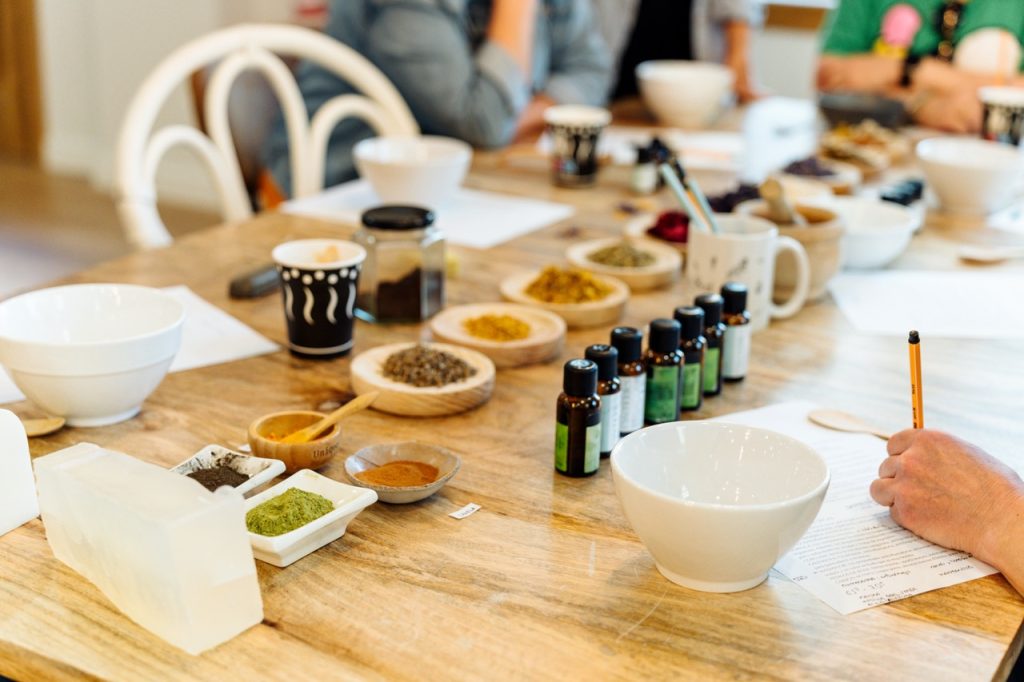It might sound like stating the obvious to point out that, when your mood is low, your posture slumps and your head hangs. Even when you try to fight it, your impulse is to slouch. What is perhaps less obvious is that your posture can also perpetuate a mood or even cause you to feel a certain way and that changing your posture can change your mood and mind.
Richard Petty, Professor of Psychology at Ohio State University, explains that the brain has areas that reflect feelings like confidence and when those areas are triggered, it is difficult to tell the difference between natural confidence and the temporary feeling that results from standing up straight. The brain responds in the same way to both, so confidence can make you stand upright and standing upright can create confidence. The same applies to smiling. Choosing to smile yields the same warm effects – such as increasing feel-good hormones like endorphins, serotonin and dopamine, reducing the stress hormone cortisol, increasing relaxation and increasing the sense of pleasure in doing a task – as smiling naturally. You can feel happy and smile naturally and you can smile to make you feel happier.
Try it out for yourself. First, try standing or sitting in a slouched position and look downwards. How do you feel now and what kinds of thoughts come to mind? Reflect on this for a few moments, then contrast by righting your posture, perhaps holding your chin up and chest open in a way that feels comfortable. Notice how your feelings and your outlook might shift along with your posture. Add a small smile even if you don’t feel like it and track how your body responds. Stay with this awareness for a few moments to absorb the feelings.
Let’s look at building confidence through posture. Stand with your hands on your hips and expand your chest area, as if making yourself bigger. Holding this pose for just two minutes has been scientifically proven to increase confidence and reduce anxiety. Contrast this with placing a hand on your heart to create loving kindness. Notice how you might feel different to when your hands were on your hips, possibly awakening in you a desire to be more sincere and caring towards yourself and others.
You cannot fundamentally change who you are or what your natural personality is but you can use these kinds of postural shifts to increase your access to qualities that could be helpful in different situations. Experimenting with your body in these kinds of ways can be empowering, giving you a sense of how changing your body can change your mind, your mood and your outlook.
This is an excerpt from The Mindful Body by Noa Belling (Rockpool Publishing)



